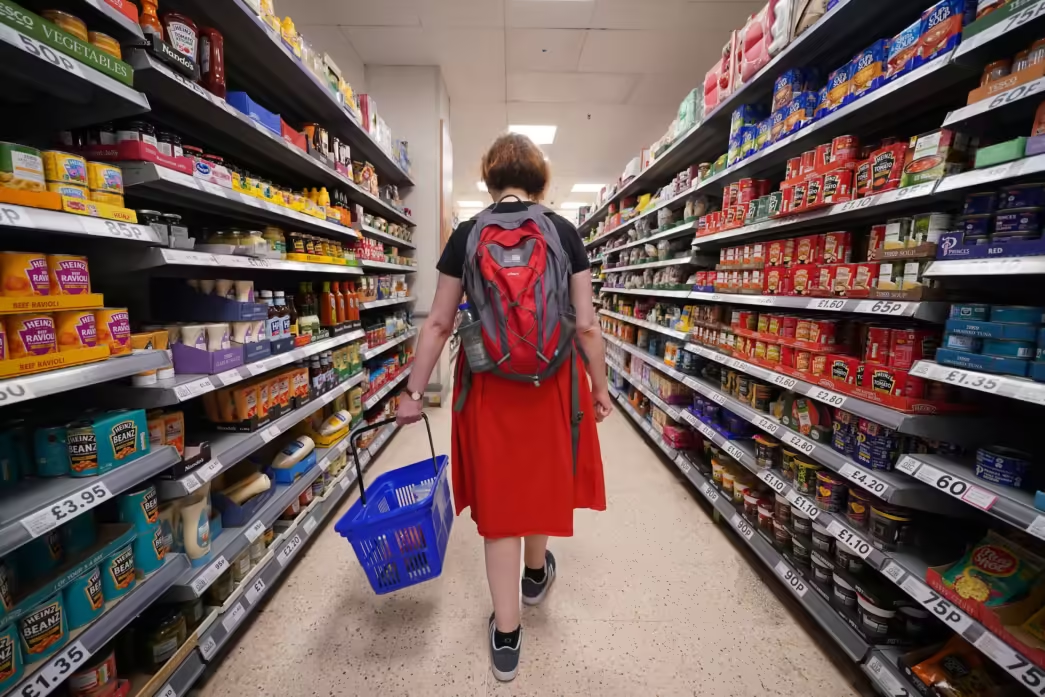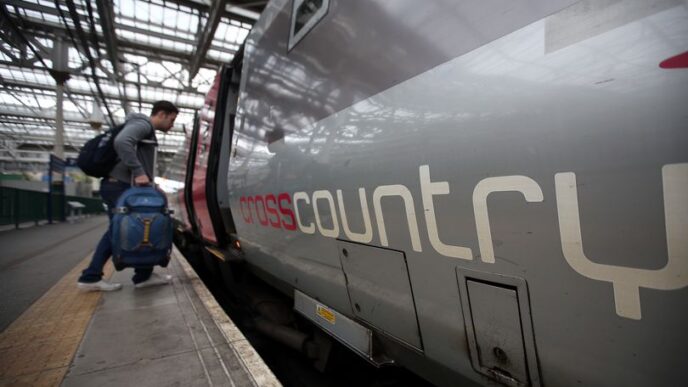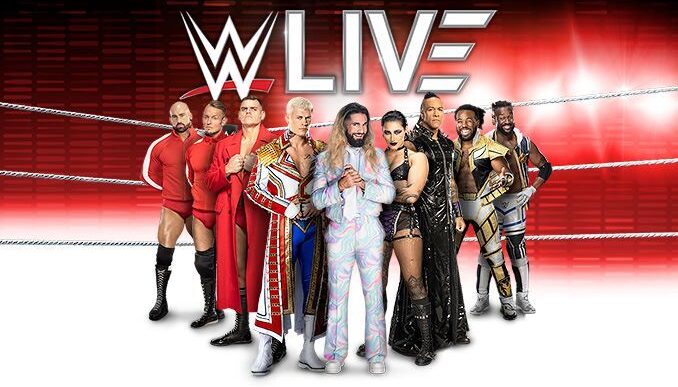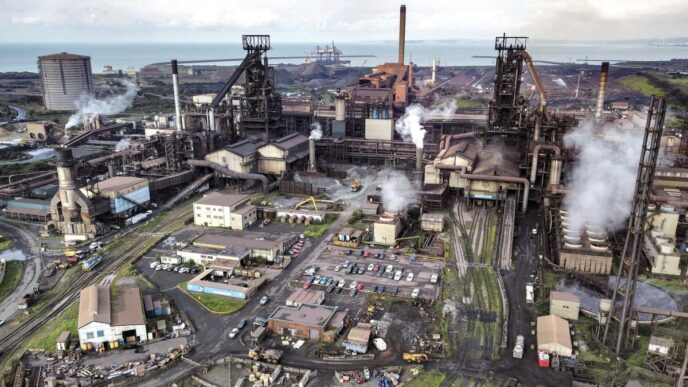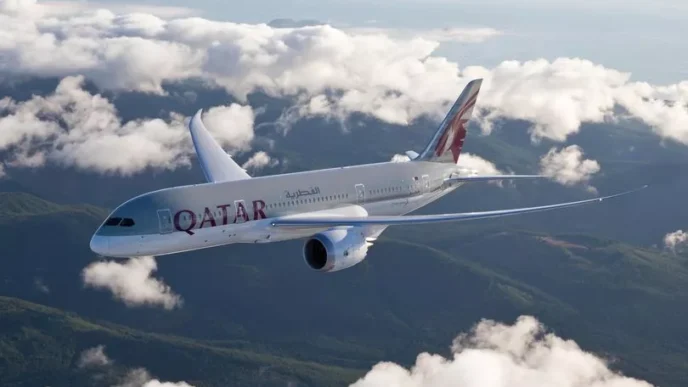In March, UK inflation saw a notable decline, reaching a fresh two-and-a-half-year low, primarily driven by a further reduction in food prices, according to official figures released by the Office for National Statistics (ONS).
The Consumer Prices Index (CPI) inflation stood at 3.2% in March, down from 3.4% recorded in February. This marks the lowest level observed since September 2021, albeit slightly above economists’ expectations.
Prime Minister Rishi Sunak expressed optimism, stating that these figures demonstrate the effectiveness of the government’s economic strategy, especially amid challenging times.
However, financial markets adjusted their expectations for interest rate cuts following the release of the data, citing concerns over persistent inflation in services and wages.
The decline in inflation was notably attributed to a slowdown in food price inflation, which recorded its lowest level in over two years. Grant Fitzner, the ONS chief economist, highlighted that food prices contributed significantly to the decrease, with prices rising less compared to a year ago.
Specifically, inflation for food and non-alcoholic drinks dropped to 4% in March from 5% in February, reflecting the lowest level since November 2021. This deceleration was driven by reduced meat prices and moderated increases in bread and cereal prices.
Additionally, furniture and household goods prices contributed to the overall decline, witnessing a 0.9% decrease compared to the same period last year.
On the other hand, motor fuels exerted upward pressure on inflation, with the average price of petrol increasing by 2.6p per litre between February and March 2024.
Looking ahead, economists anticipate a further decrease in inflation for April, supported by another decline in energy prices. While this has led to speculation about potential interest rate cuts, the Bank of England remains cautious, emphasizing the need for wage pressures to ease before considering such measures.
Chancellor Jeremy Hunt and Labour’s shadow chancellor, Rachel Reeves, offered contrasting views on the economic outlook, highlighting the ongoing debate surrounding the impact of inflation on households and the broader economy.


